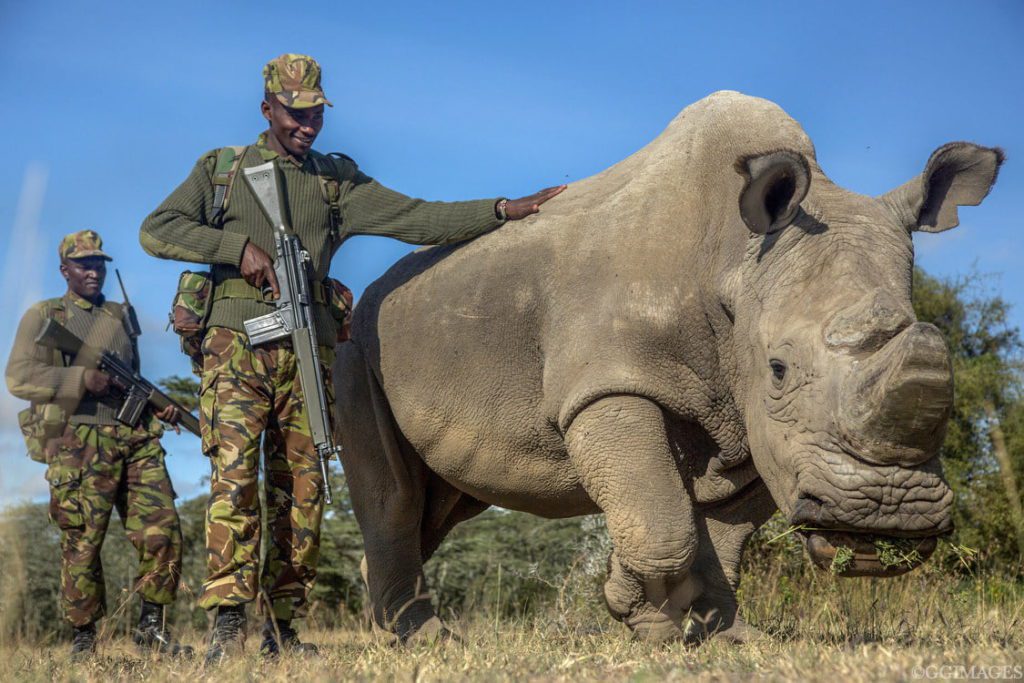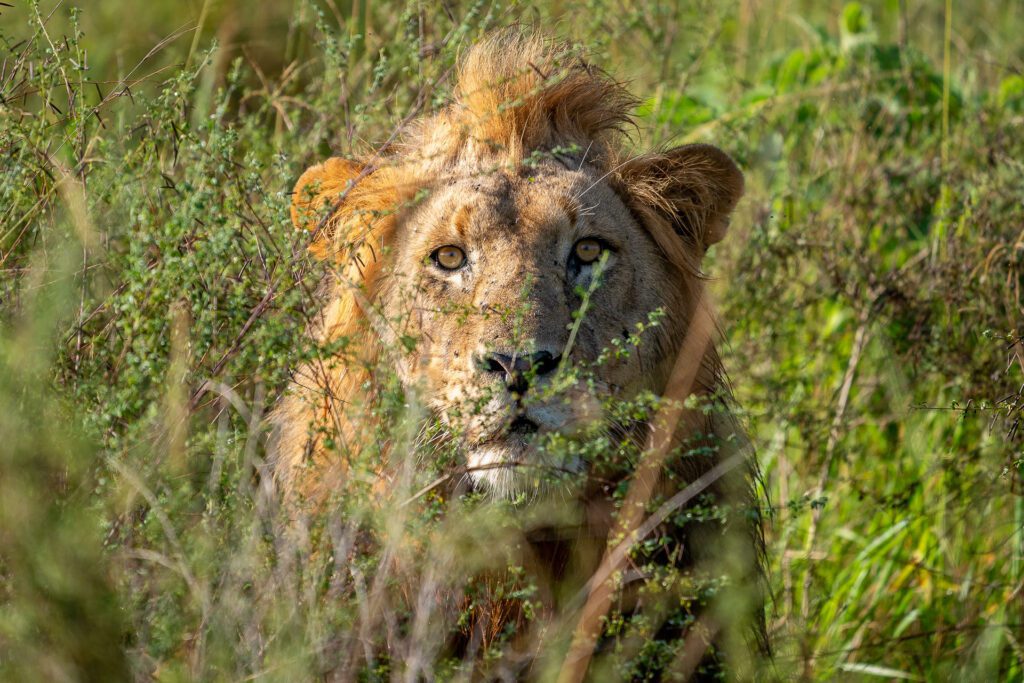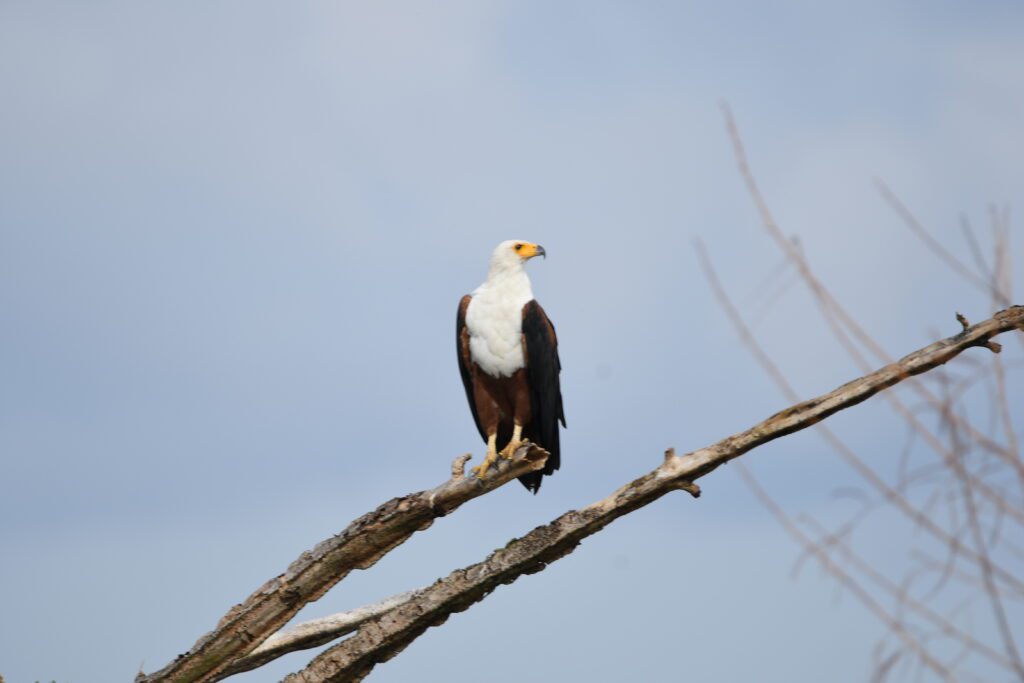2021, what a year… and today we’re launching our ExtraordinaryGives campaign!
Tis’ the season for making donations, so we thought we’d spend the next couple of weeks sharing five organizations that are doing incredible work in Africa—which of course is near and dear to our hearts. These are organizations that we give to and are encouraging you to do so too. There is still a tough road ahead for conservation, especially with new variants and the lack of tourism dollars coming into many countries. Here at Extraordinary Journeys we support organizations that work with the local community to find solutions, not just protect animals, but also take into consideration the locals. All of these organizations are involved in the conservation of wildlife though working closely with the local communities. Read more on our stance on conservation and community here.
One of our favorite organizations is African Parks—a non-profit conservation organisation that takes on the complete responsibility for the rehabilitation and long-term management of national parks in partnership with governments and local communities. We support all the work they do throughout parks in Africa, as well as protecting many areas that are a little bit off the radar and tourist track.
To launch our ExtraordinaryGives campaign, we will match all contributions made to African Parks with a voucher towards your next Extraordinary Journey (up to $250 total—but please feel free to donate more). Just send us your proof of payment and we’ll send you the voucher. Think of it as us giving back to you for giving.
This week Rwanda’s Akagera National Park successfully welcomed 30 Southern White Rhinos to their new home in the largest-ever single rhino translocation ever undertaken. The Southern White Rhinos made a 2,000-mile journey from South Africa’s &Beyond Phinda Private Game Reserve in partnership with African Parks (@africaparksnetwork) and the Rwanda Development Board (@rdb_rw) with funding provided by the Howard G. Buffet Foundation, whose funding is ongoing.
The Southern White Rhino population is in decline across Africa due to poaching because of a demand for their horns. The World Wildlife Fund considers them “near threatened” with an estimate of about 18,000 of them in existence in protected areas and private game reserves.
These rhinos joined Akagera’s population of black rhinos that were reintroduced to the park in 2017. Since then, African Parks state that they have not lost a single rhino to poaching. Akagera has undergone an incredible transformation, with a lot of community work, improved law enforcement, and rhino poaching has been essentially eliminated.
The projects that African Parks have supported community initiatives in and around Akagera that have allowed for this translocation to happen. “African Parks has been able to turn the park around, making it into a haven that’s home to the big five,” says Chloe Flatt, Special Projects Manager for Akagera. “The reason the white rhinos are here is that it’s a viable, safe place to extend the population of rhinos,” she adds. The translocation of these rhinos creates a place for them to thrive, breed, and contribute to Rwanda’s post-COVID-19 recovery plan.
Conservation programs here also revolve around lion conservation: monitoring them, collaring them, as well as funding to pay trackers to be out looking for them. There are a lot of operational costs around maintaining the lion population in the park.

“So much of it comes down to the engagement and goodwill through the employment that’s been provided by the park to the community. This includes engaging with school kids and the next generation, teaching them about biodiversity, bringing them into the park, dealing with human-wildlife conflict outside the park,” says Chloe.
The local communities are benefitting through jobs, conservation education, fishing and bee-keeping cooperatives, and sustainable livelihoods that are supported by donations and from park tourism revenue.
An example of a community project is a fence that was put in place to keep the animals inside the park, and out of the local community so they can carry on with the farming and living. Outside the park, we work with the community to ensure people are compensated for damaged crops if game animals enter their property.
Your donations will help African Parks take on ambitious new conservation initiatives, expand into new habitats that have thus far gone unprotected, and secure homes for generations of elephants, lions, rhinos, and other creatures. Donations go towards operations that help run the park, community initiatives, continuing the great work they are up to.


